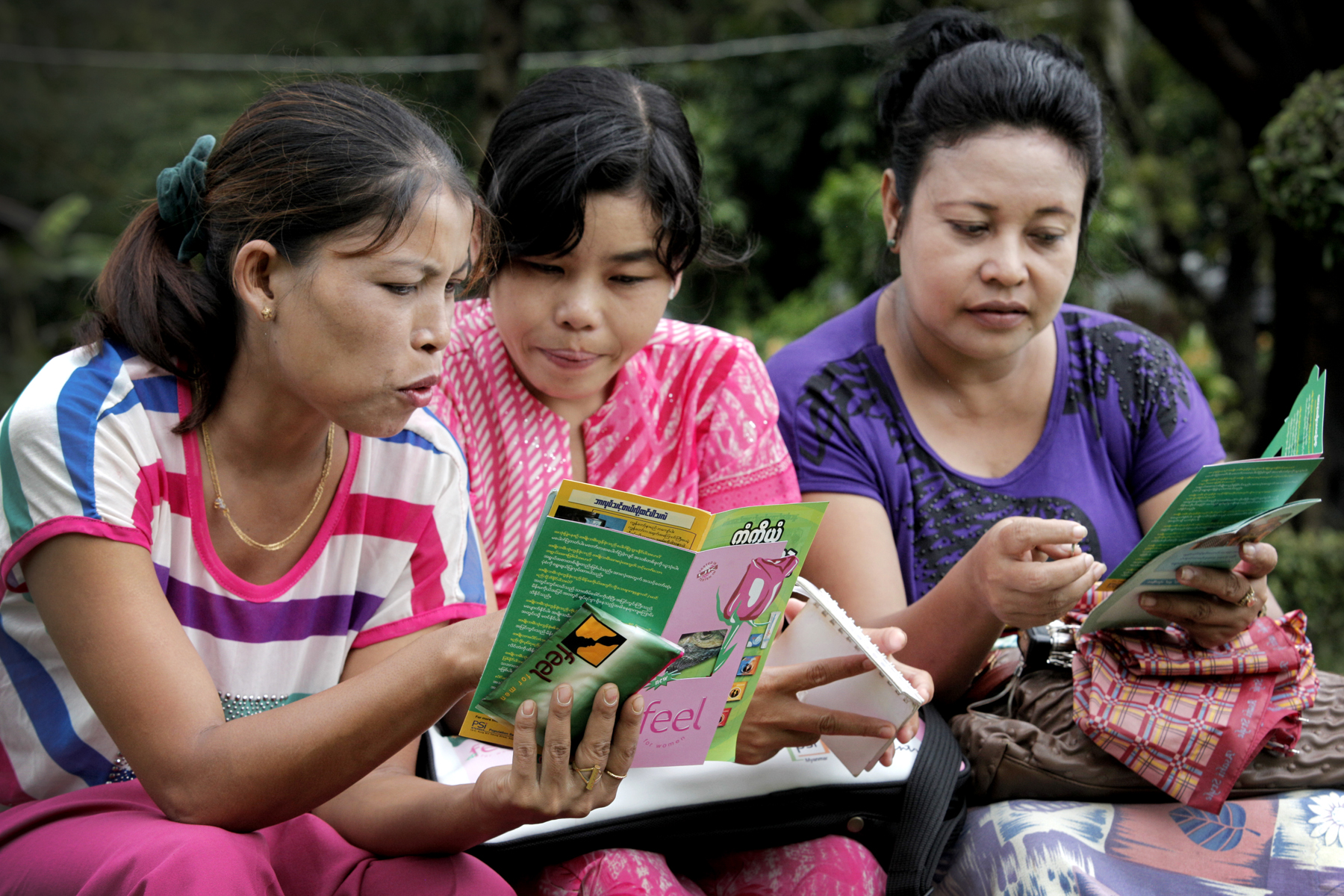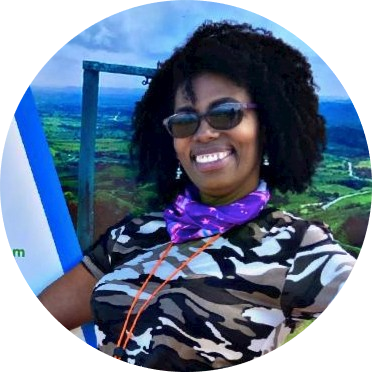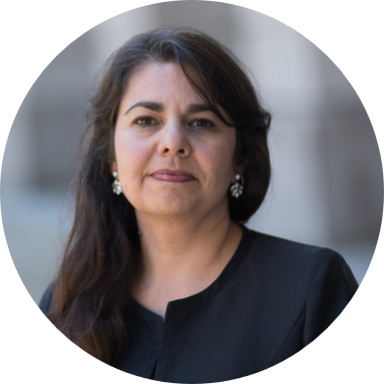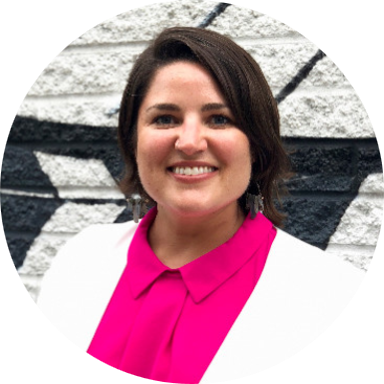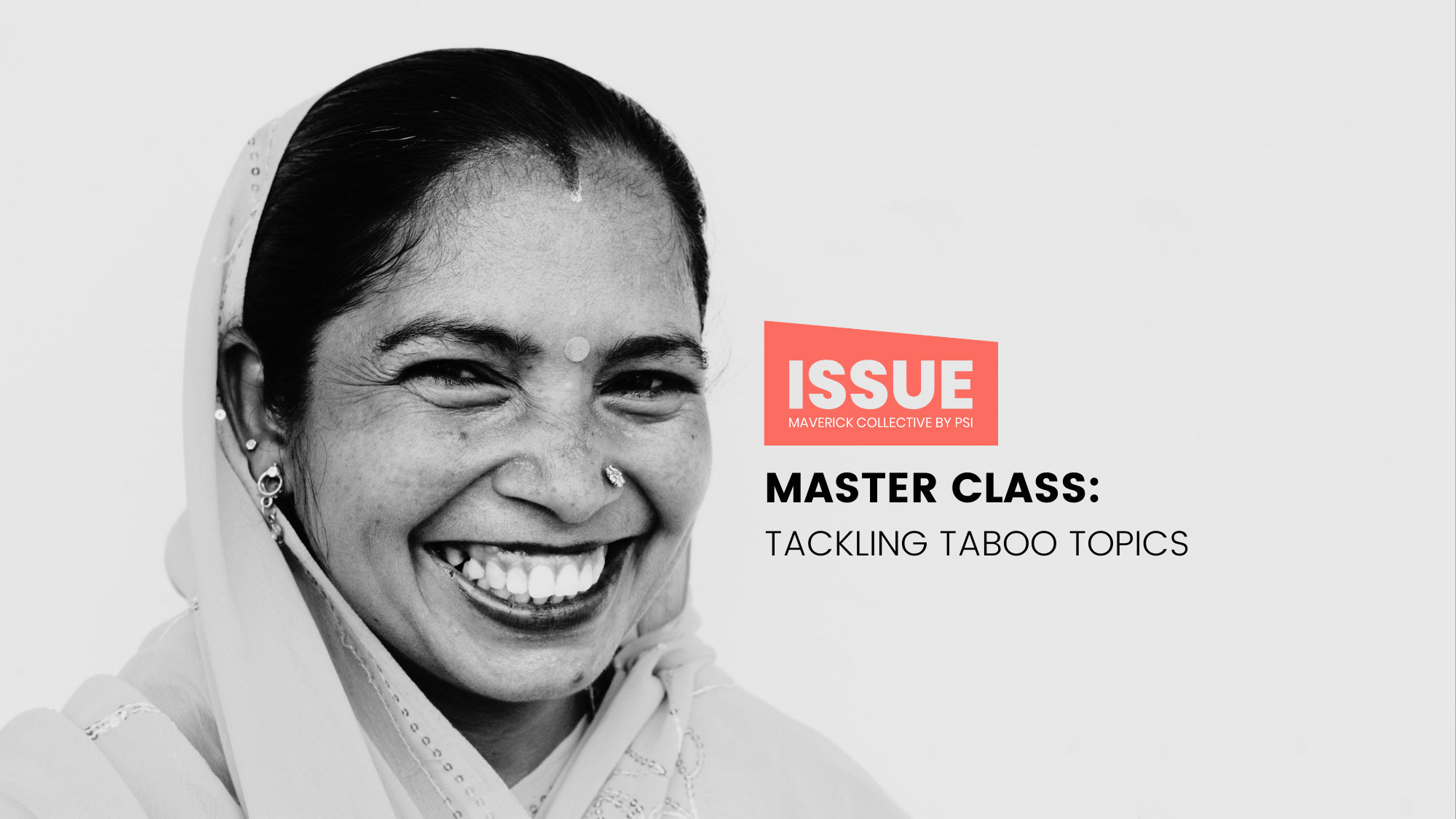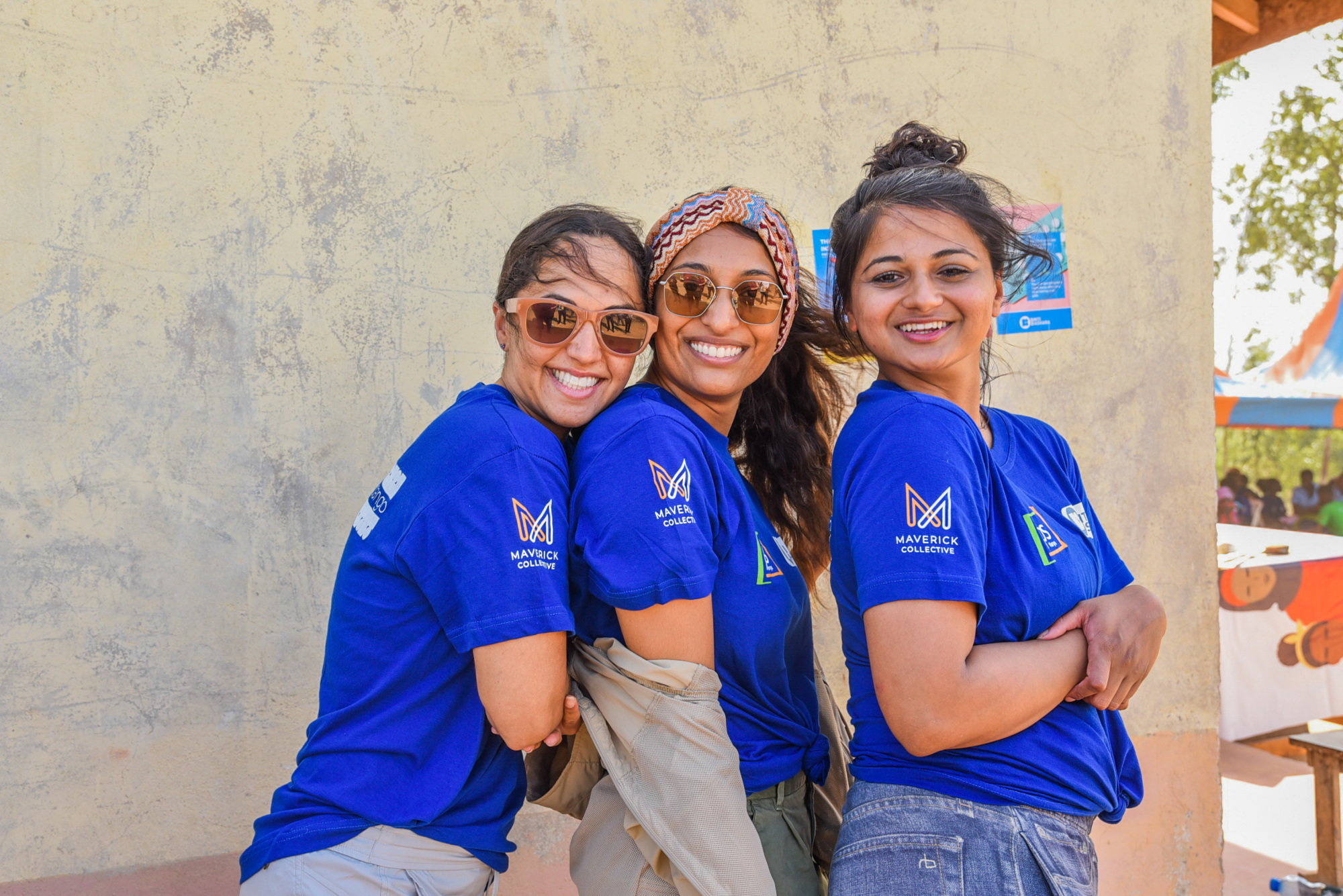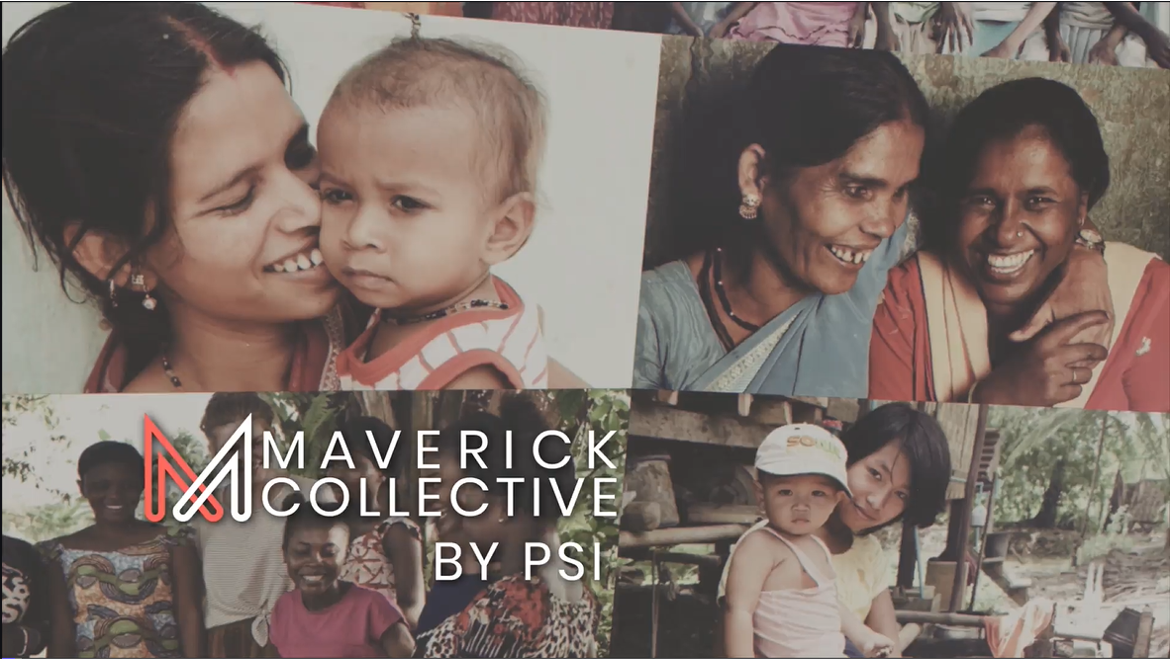
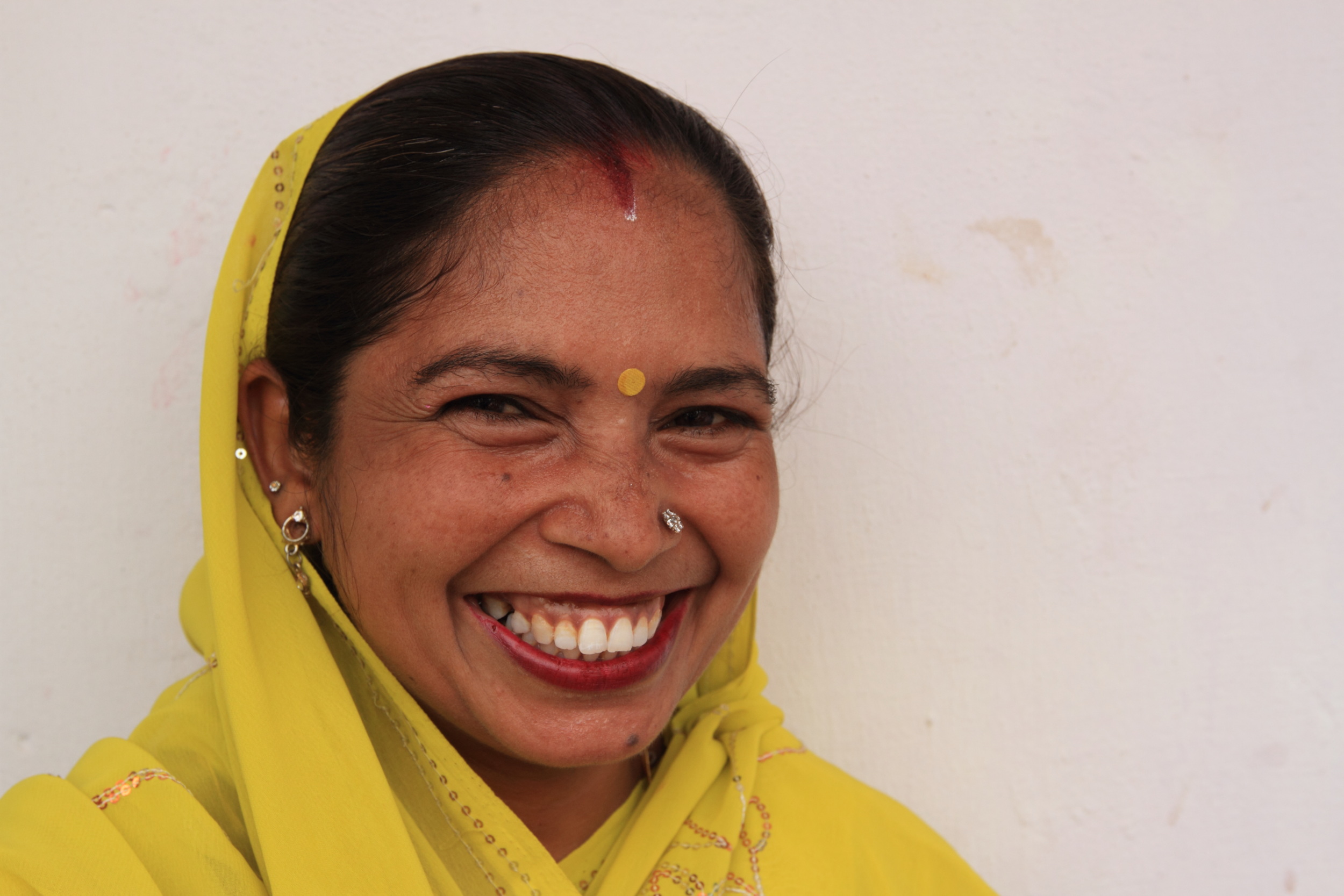
Let’s Talk About It
ENGAGING COMMUNITIES IN TABOO TOPICS
From the Desk of
This is the power of social and behavior change interventions – when we all talk about taboos, they will not be taboo anymore!
Dear Maverick Collective Community,
With pleasure, I would like to introduce you to our September ISSUE, Let’s Talk About It: Engaging Communities in Taboo Topics!
In this ISSUE, two Maverick projects are highlighted: a mental health project in the Dominican Republic and a menstrual health global advocacy project.
You will meet project teams, see how they interact with communities, including young girls and marginalized people, and show you how exciting and powerful social and behavior change is, especially talking about taboos. As you’ll learn, to influence new behaviors or change perspectives toward any problem, especially those considered to be taboo, we must create a safe environment where people can feel free to speak openly about difficult subjects.
As you will hear from the project team in the Dominican Republic, addressing mental health is a normal thing for everyone. However, because of stigma, nobody wants to admit that mental health is a “normal” health issue and thus, also needs care and treatment. When the project team created safe places for people to talk openly, using simple “tools” for health care providers to follow, then the power of talking helped break down stigma, change behaviors, and create a more streamlined system for addressing mental at all levels of the primary healthcare experience.
The same is true when it comes to talking about menstrual health. Menstruation is a universal experience for half the world’s population, but in some cultures, girls are not allowed to talk about their period or menstrual health and hygiene. It is powerful to see a group of girls engage in conversations about menstruation openly, instead of feeling like it is something shameful or only talked about behind closed doors. experience.
The project’s focus on global advocacy is helping put menstrual health on the global agenda and identifying the importance of integrating menstrual health in sexual and reproductive health for greater impact. This is the power of social and behavior change interventions – when we all talk about taboos, they will not be taboo anymore!
To continue the conversation, we need champions, like Cristina and Lindsay, to advocate for these often-underfunded health issues and bring them into the mainstream.
Join us and enjoy!
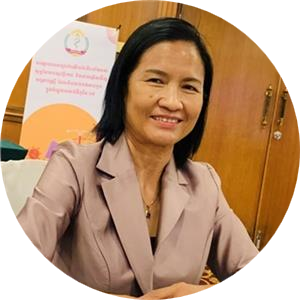
EPISODE 4 | LET'S TALK ABOUT IT
Tune in to Episode 4 of Maverick Beat where, over the course of two segments, we spotlight The Power of Primary Care for Mental Health Services in the Dominican Republic and the Global Menstrual Health Advocacy. You can explore more in the project pages including Lindsay’s and Cristina’s “journals,” stories from Sara, photos, and more.

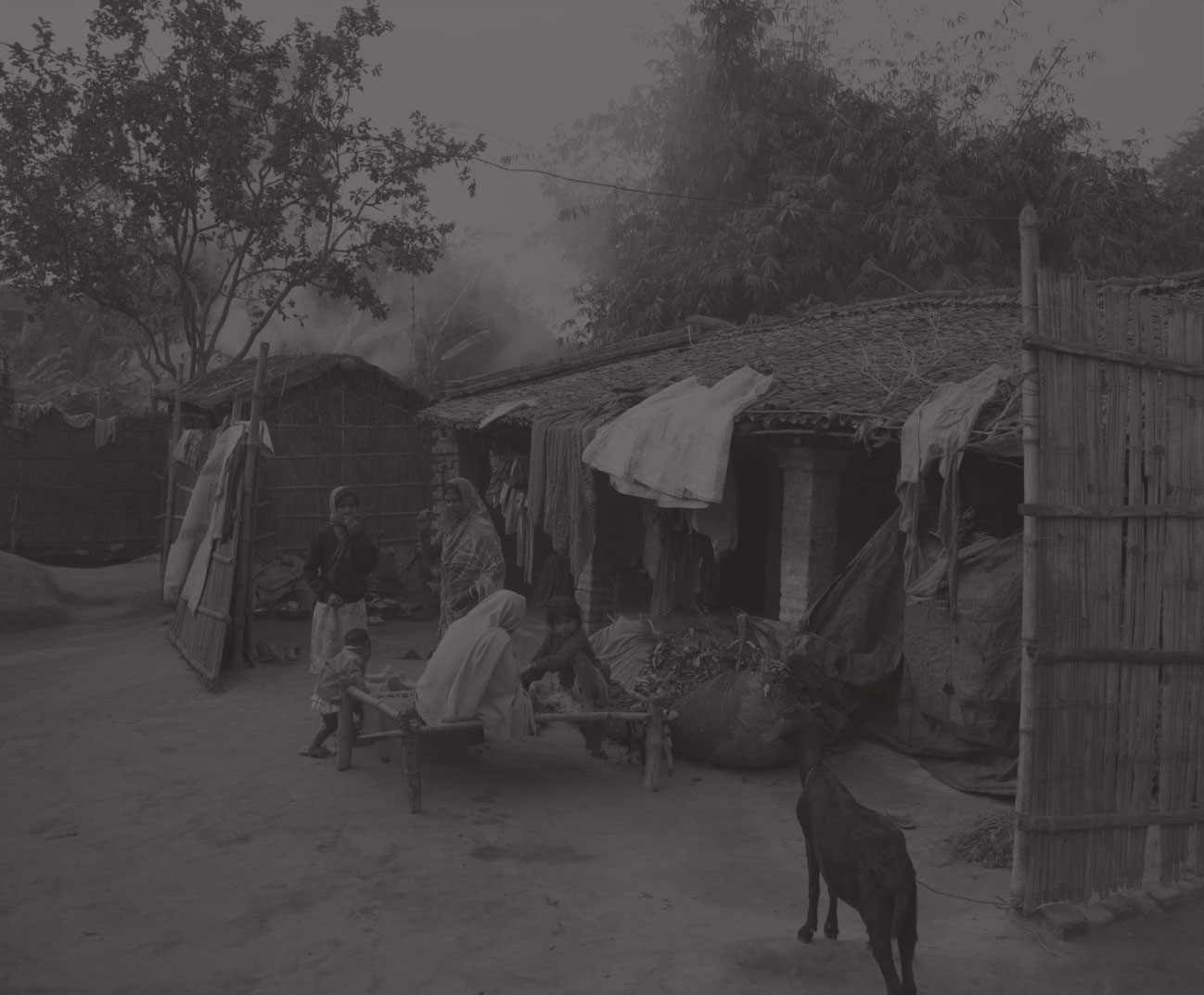
Integrating Mental Health Services into Primary Care Clinics in the Dominican Republic
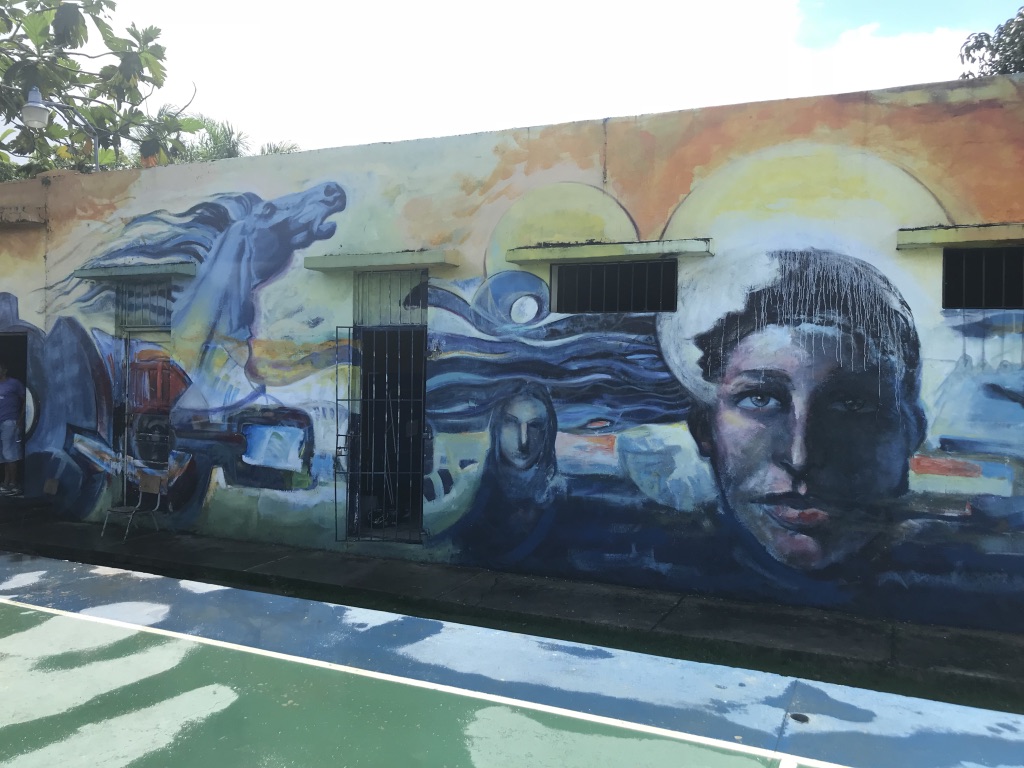
Maverick Beat | Ep. 4, Part 1: The Power of Primary Care for Mental Health Services in the Dominican Republic 17 mins
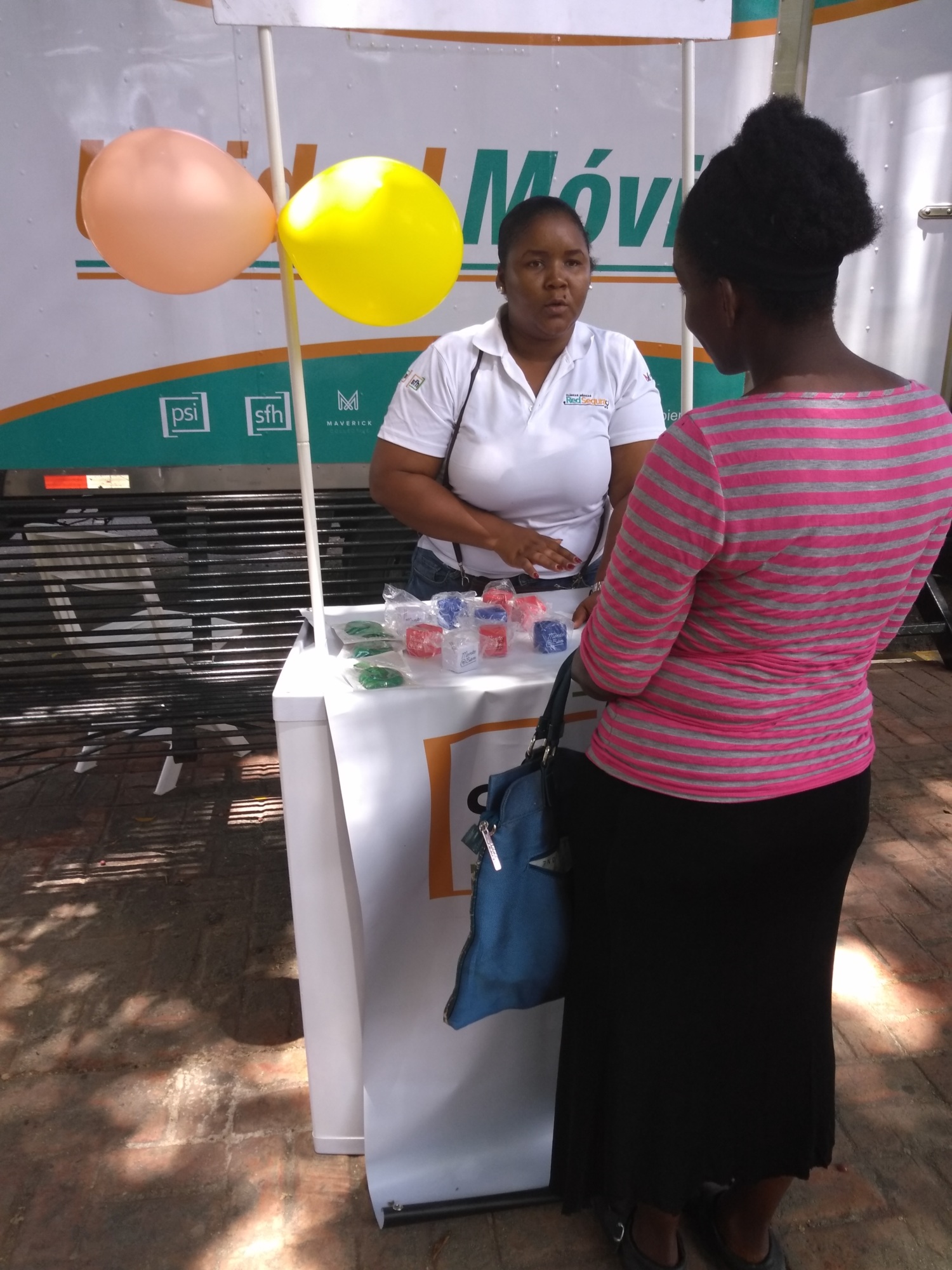
I can only imagine what Sara [PSI’s archetypal consumer] in the Dominican Republic is facing; but I know that now, more than ever, she needs our help to make it through the anxiety and depression she may be feeling.MENTAL HEALTH IS ESSENTIAL- ESPECIALLY DURING A PANDEMIC
On March 17, 2020 the Dominican Republic began implementing social distancing measures to curb the spread of the virus. Although social interventions for mental health became more challenging than ever, SFH developed a plan to rise to the occasion.
The Mental Health Project began fielding more requests for mental healthcare through social media (specifically Facebook and Instagram), and also provided the same emotional support and counseling on WhatsApp. On all three platforms, these services were provided free of cost.
- 1 in 3 suicides in the Dominican Republic occur among young people ages 15 to 29
- ~1.5M people were reached by the project's mental health campaign

I am so grateful for the work that PSI and the (Dominican Republic's) Ministry of Health have done to make mental health a priority in the Dominic Republic.Lindsay Abrams
As of 2016, between 30-40% of the population of the Dominican Republic (DR) needed access to mental health services. Of the entire population, young people were most impacted by mental health disorders: 32% of all suicides in the country occur among people aged 15-19.
Working alongside the Ministry of Health, this project set out to destigmatize mental health and access to mental health services for both the general public and primary health providers, and to streamline mental health services at all levels of the primary health care experience, from non-medical health workers to doctors, and equip them with the necessary knowledge to appropriately diagnose, refer, and provide follow up services as needed.
Project team
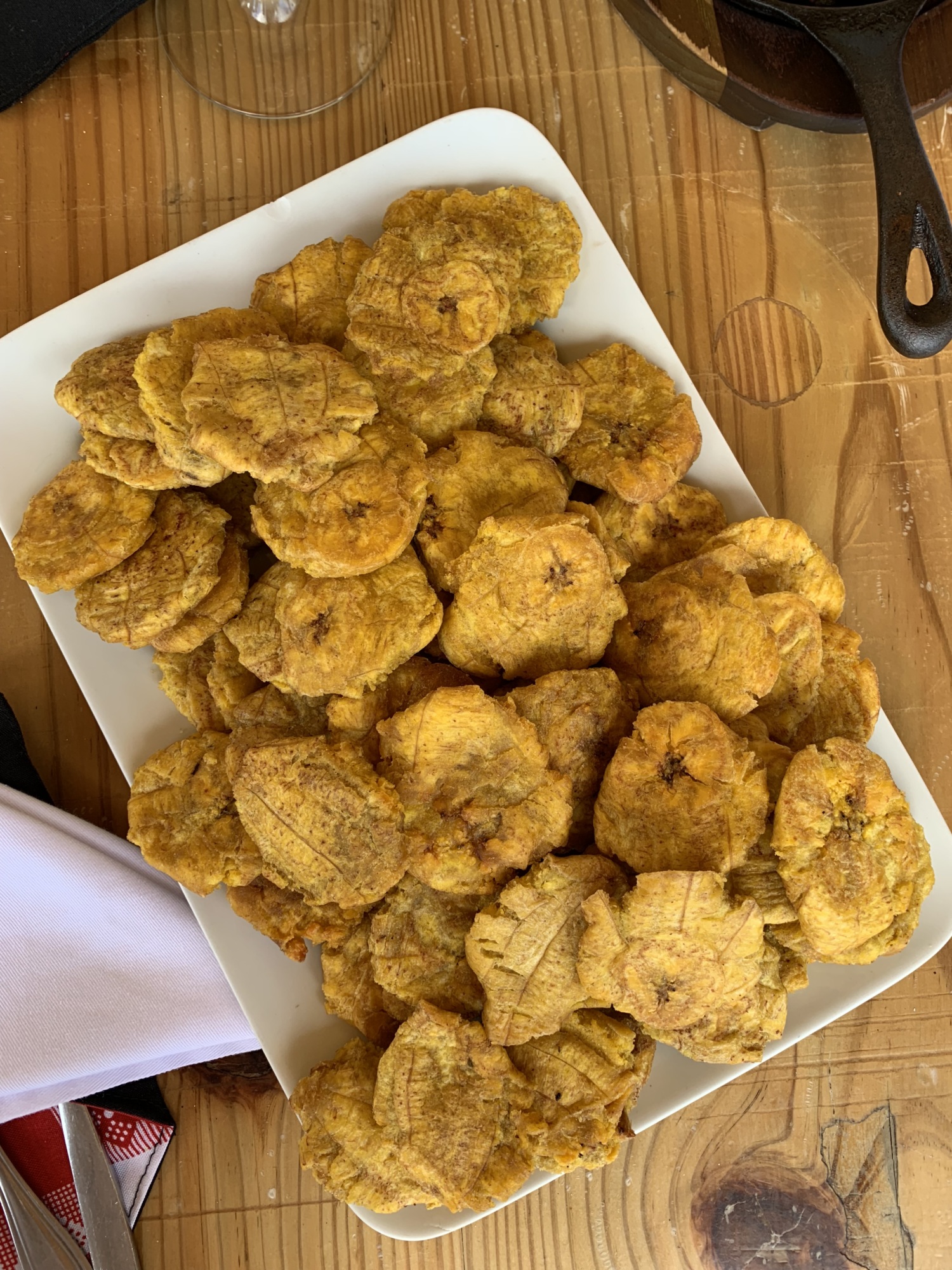
A delicious meal…
My favorite meal that we had in Santo Domingo was at a restaurant on the Boca Chica beach with our project team. The fish was so fresh and the tostones were some of the best that we had while in the country. We had tostones every day on all of our visits, as they are so addicting and delicious! During this meal, we sat at a table overlooking the water, which was such a nice change from the hustle and bustle of the city.
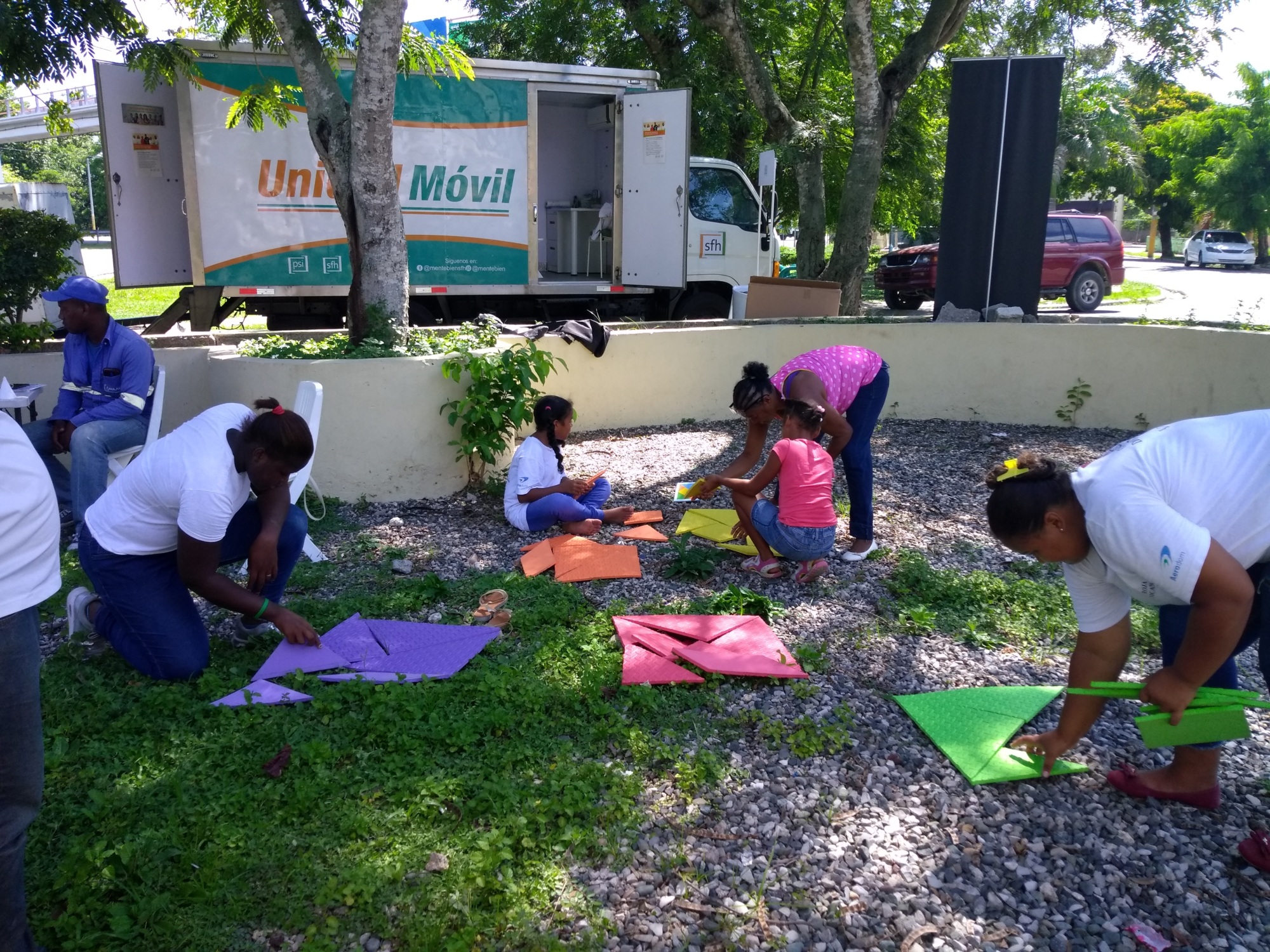
A memorable experience…
I really enjoyed visiting a school to see the mental health work assessments put into action and how each of the kids reacted to the instructions that they were asked to follow. I was very impressed by how each participant really did listen, engage in the conversation, and genuinely wanted to learn more about the activities that they were playing a part in. It was extremely interesting how our project team would determine which participants may be struggling with mental health issues from simple games that could be translated into meaningful next steps.
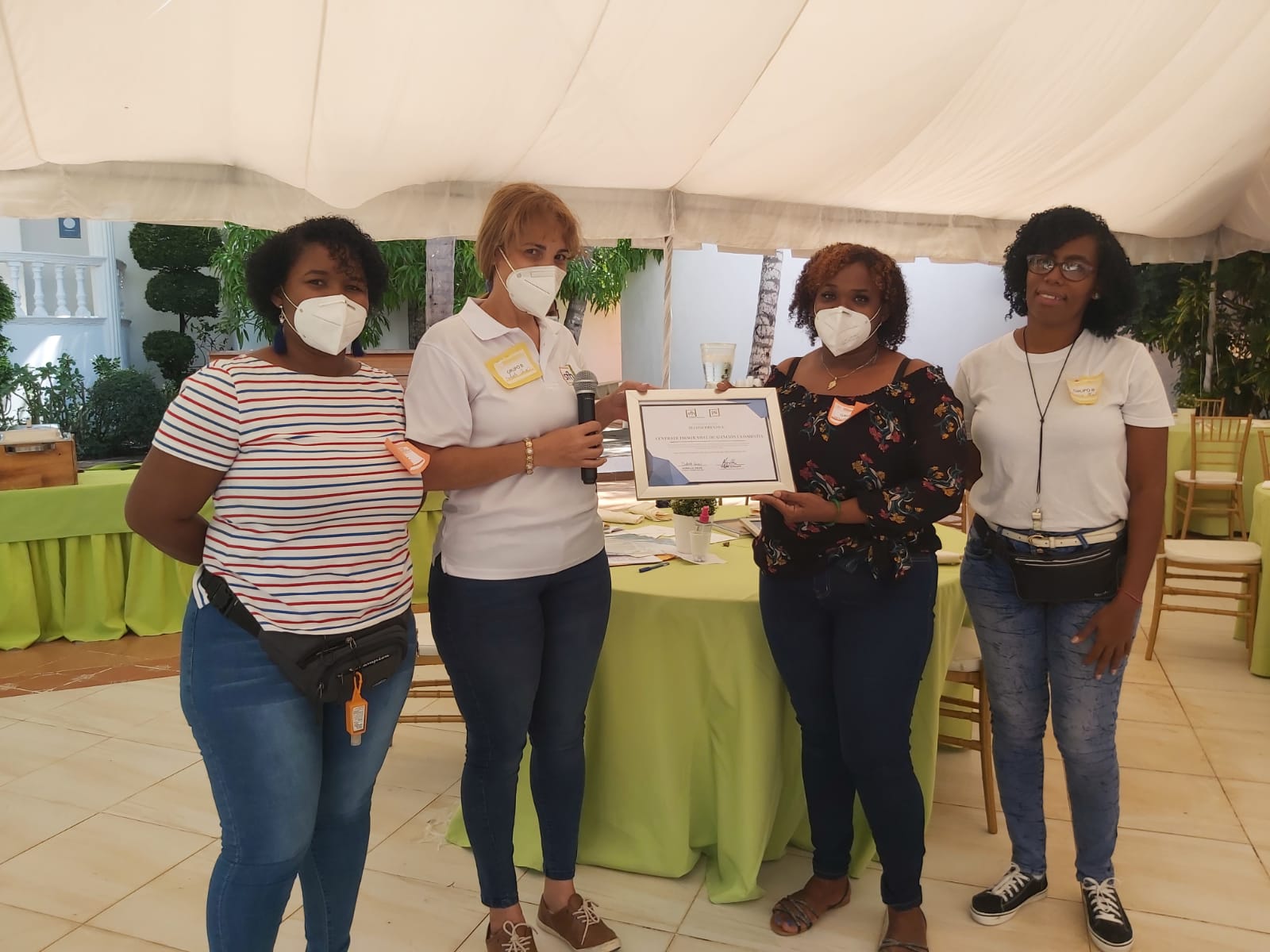
An unexpected turn…
Toward the end of our project, COVID-19 hit the Dominican Republic and showed, more than ever before, how much mental health services were needed and how much the community appreciated and utilized them. We were able to see how successful our stigma reduction campaign had been and that it did actually make a difference, as more people than ever reached out for counseling. Luckily, our solutions and methods were adaptable to a virtual context, so COVID-19 may have changed the way our project team was working, but it did not change their ability to continue to provide services and support to those in the community who needed it most.
1/3
Bringing Menstrual Health and Hygiene to the Global Health Agenda
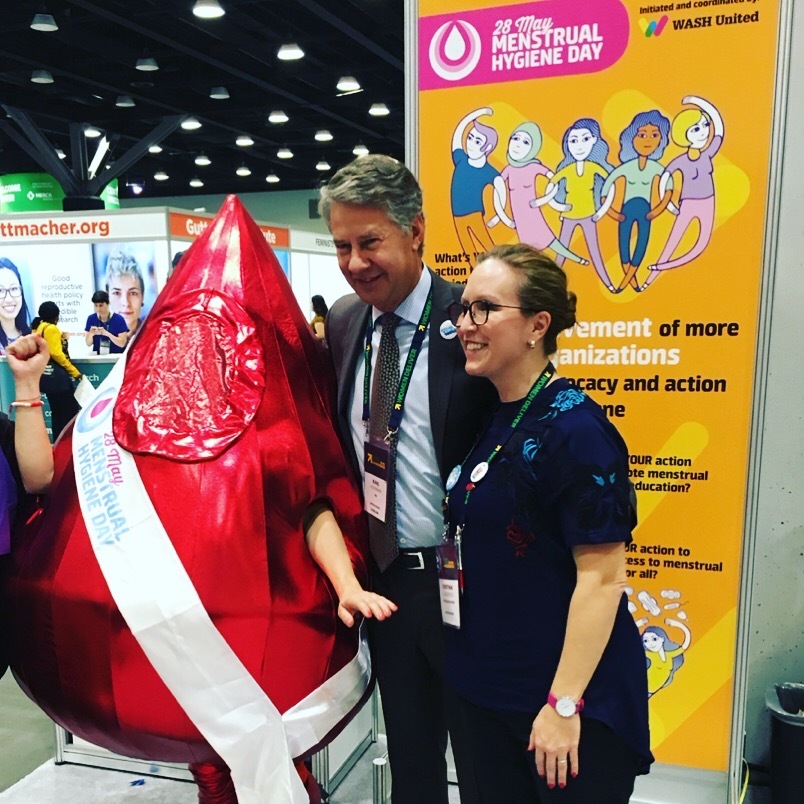
Maverick Beat | Ep. 4 Part 2: Global Menstrual Health Advocacy 18 mins
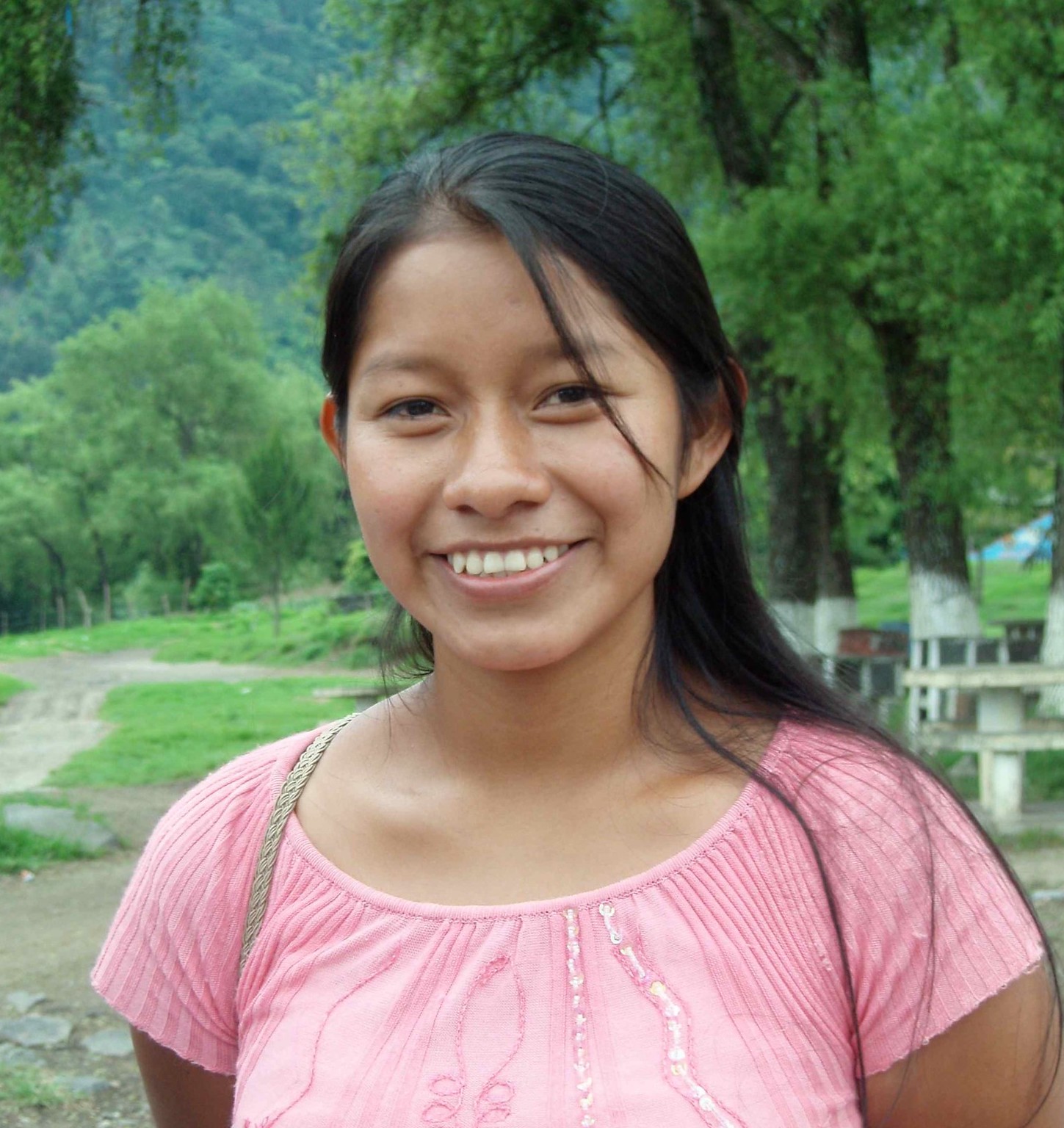
Daniela didn’t understand what was happening to her body the first time she menstruated. Nobody had fully explained what would happen. She had only heard that her period was “dirty,” that on "those days, women act crazy" and that it was “like being sick.”LEADING WITH MENSTRUATION TO DELIVER THE WHOLE SEXUAL AND REPRODUCTIVE HEALTH PACKAGE FOR GIRLS IN LATIN AMERICA
By Andrea Novella, Regional Manager, Social Media, PSI LAC, and Lorena Villeda, Regional Social Media Specialist, PSI LAC
Daniela didn’t understand what was happening to her body the first time she menstruated. Nobody had fully explained what would happen. She had only heard that her period was “dirty,” that on ¨those days, women act crazy¨ and that it was “like being sick.”
She remembered what her mother had once told her— that with the onset of menstruation she must be careful as “boys could be dangerous”–but Daniela never really understood how her periods related to boys. She was curious but struggled to find a trustworthy source of information about her menstrual health and hygiene without being shamed or judged.
Daniela is not alone. Girls across Latin America face similar challenges. The stigma and lack of information around menstrual health prevents them from having a holistic understanding of their sexual and reproductive health and taking charge of their health, their bodies, and their lives.
- ~500M people face limitation when it comes to managing their menstruation

I think it's amazing that a Maverick project can help put menstrual health in the agenda.Cristina Ljungberg
Ensuring good and safe menstrual health and hygiene (MHH) contributes to the overall health and well-being of menstruators around the world, and yet roughly 500 million people face limitations when it comes to managing their menstruation. These challenges are even more urgent for those who menstruate in low- and middle-income countries. From poverty reduction and stronger economies to healthier populations and better educational outcomes, the benefits of investing in MHH) are far-reaching.
The Global Menstrual Health Advocacy Project was designed to marshal our joint efforts to bring MHH into the global health agenda and effectively address the menstrual health needs of people who menstruate through a strategy combining cross-sectoral programming, research, and advocacy.
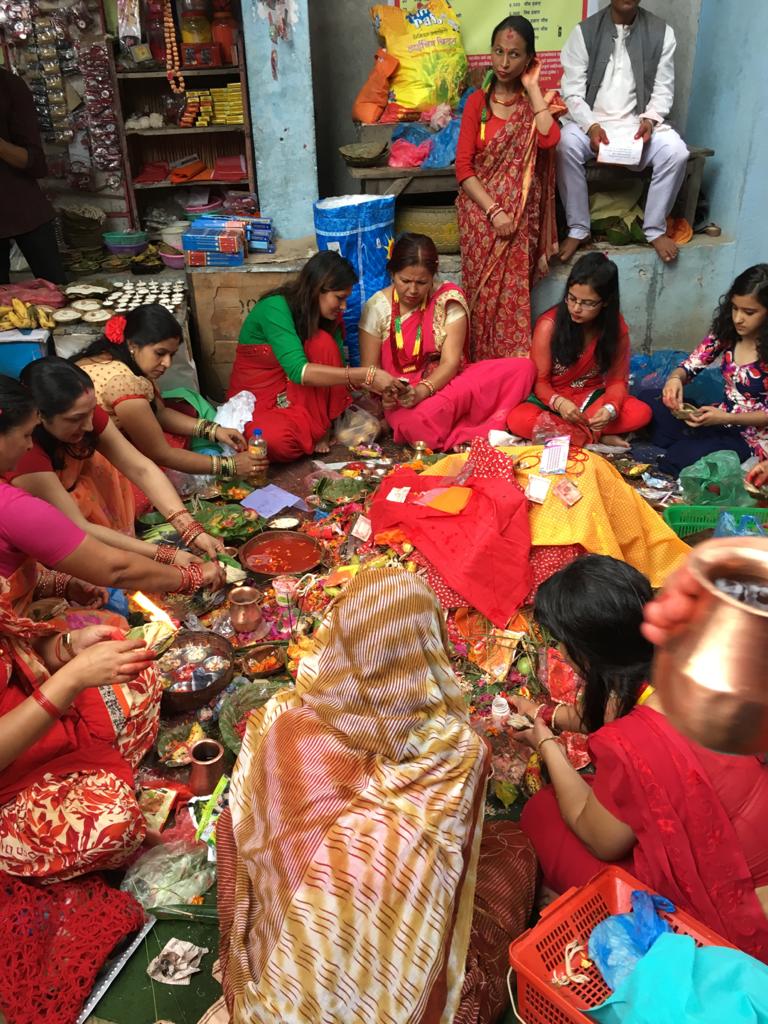
A memorable moment…
One of the most memorable moments on my first project visit to Nepal was participating in a three-day women’s festival called Teejj. The festival is observed for the health of husbands and children and the act of purification of one’s self. The celebration includes feasting, fasting, gifts, and offerings. The festival of Rishi Panchami, which takes place on the 3rd day of Teej is focused on the purity of women and the need to cleanse oneself of the sin of possibly having touched a man during menstruation during the previous year. Photo #43 was taken at Pashupatinath, the most sacred Hindu temple in Kathmandu during the festival where a mother and adult daughter shared the festival with us and insisted that we dance and celebrate with them.
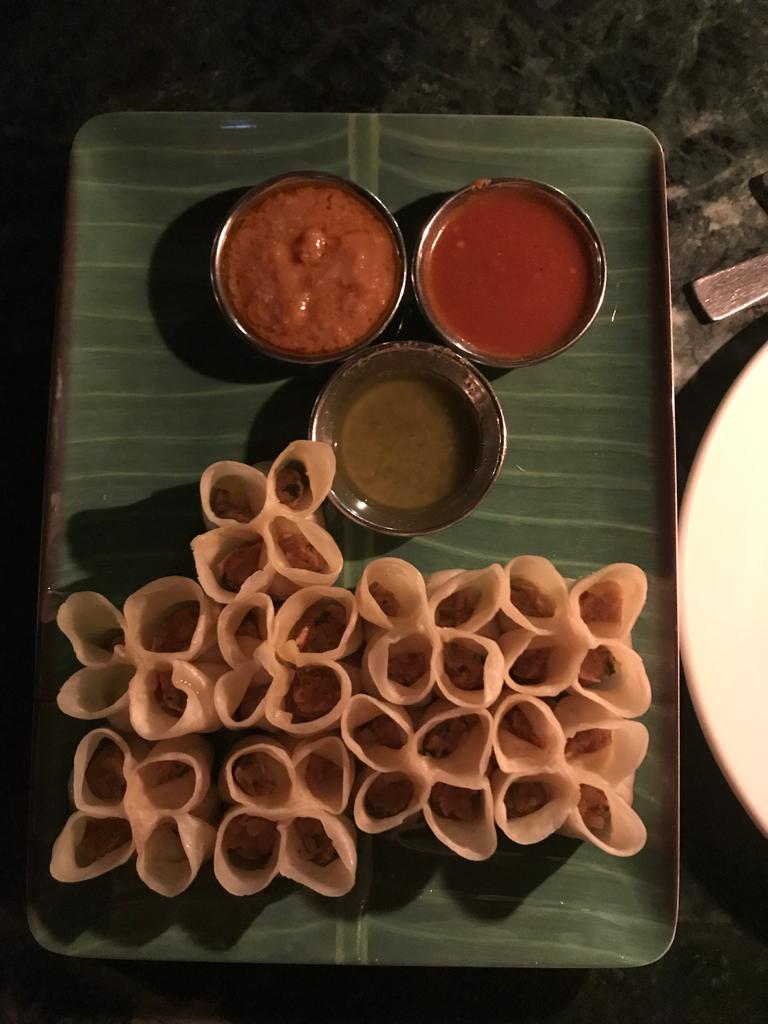
My favorite meal…
Open momos, a small dumpling filled with meat or veggies, dipped in a sauce. The spicy ones made me cry. The Swedish team ate these often. Although, the best food experience was the street food breakfast tour arranged by Backstreet Academy. We walked the streets of Kathmandu for a few hours on an early weekday morning, tasting and trying out the dishes that many Nepalese enjoy for a typical breakfast: dal, crispy gwaramari and sel roti, and hot glasses of milky chiya.
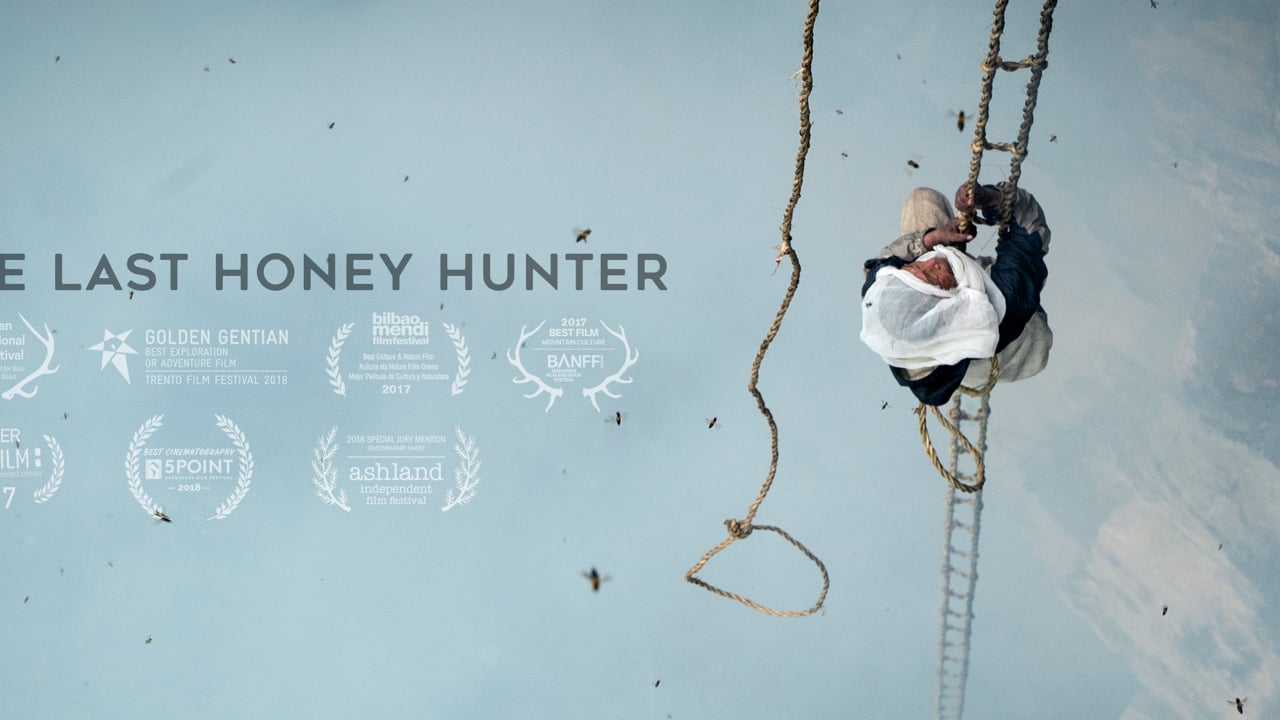
An unforgettable experience…
I love documentaries! As it turns out, Kathmandu hosts the Kathmandu International Mountain Film Festival (KIMFF). The team that runs it is incredible, showing a combination of local and international films. During my Maverick project, I was able to support and attend the festival for two years. I ended up funding a film called “Drawing the Tiger”, about girls’ education in Nepal, and bringing a director, Mike Day, to Kathmandu to teach a master class in cinematography. I truly miss the team at KIMFF.
1/3
Tackling Taboo Topics
From menstrual hygiene to mental health – working with and for women and girls is often shrouded in stigma and shame. How do we best engage communities in tackling these taboo topics?
Together with our experts, we will challenge our own perspectives on social and behavior change, taboo topics, risk-prone investment, and the role of philanthropy in development.
In this Master Class, we will learn:
- Key elements of social behavior change work in complex cultures and settings.
- Ways in which data science is used to develop social behavior change interventions.
- The importance of human-centered approaches that are co-designed with communities most impacted by the problems we are trying to solve.
Heart Homework
Dig deep and learn more -- in your own time and at your own pace.
-
WATCH: SBC FOR A YOUNGER AUDIENCE
Sesame believes in a world where all children can reach their full potential and humanity-and do so in celebration of their races, ethnicities, and cultures.
-
LEARN: DESIGNING OUTSIDE THE BOX
PSI is working with Transform/PHARE (a USAID program) to implement cross-sectoral SBC programs to provide information, educate and encourage dialogue in settings outside of the traditional healthcare context.
-
EXPLORE: A COMMUNITY OF CHANGE
SBC programs come in all shapes and sizes, just like the issues and places where they are being implemented.
